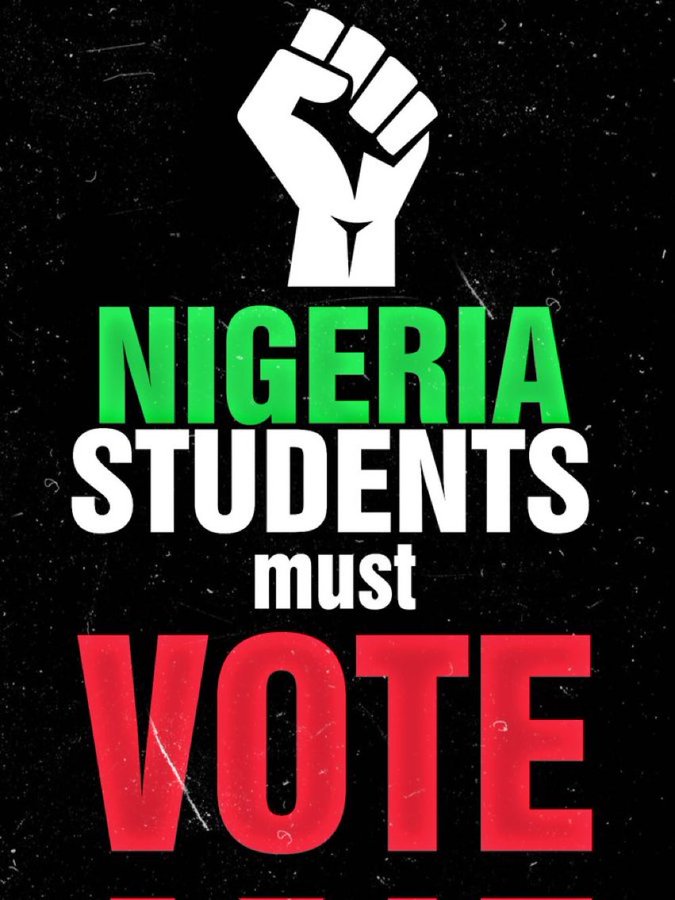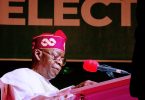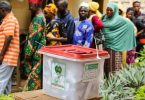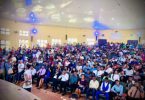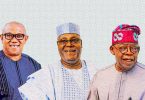On Saturday, February 25, about 93 million Nigerians will cast their votes to determine who will lead the nation for the next four years; 26.02 million of these registered voters are students. This figure covers about 26.8% of the total number of voters whose lots will determine who rules the seat of power at every level of federal government, that is, the presidency and federal legislature (members of senate and house of representatives of the federation). The gubernatorial elections, scheduled for two weeks later, Saturday, March 11, will be held to elect state governors. The current number of registered voters is a 13.4 percent increase from an estimate of 82 million total registered voters from the last general elections in 2019. And in the latest registration cycle, an astounding 40 percent of newly registered voters are students.
This statistic shows a pattern of increase in interest in the political affairs of the country among the masses, most especially among Nigerian students of higher education. As opposed to the usual apathy shown in the preceding election years, more students are now aware, active and conscious of the power they wield to respond to the myriad of challenges which stand to cripple the higher education system in Nigeria. Students are now, more than ever, intentional about their participation in the electoral processes in Nigeria. This is why students must begin to demand accountability from not only the sitting government but all stakeholders equally and also communicate their grievances to politicians through voting.
Edugist highlights some unpleasant experiences of the past which students must remember while demanding accountability.
ASUU strike, a morass that must not be condoned

The persistent industrial strike actions undertaken by the Academic Staff Union of Universities (ASUU) have become radically normalised in Nigeria’s public university system. However, the strike action embarked upon in 2022 may have contributed to students’ renewed interest in politics ahead of the Nigerian elections. During the strike action, which lasted eight months, beginning February 14 and ending October 14, 2022, students flocked to social media awaiting the end of the strike. Some started to participate in social media protests aimed at taking the country back from ‘old politicians’.
In this election, students will, therefore, prove to those who see them as social media activists only that they are voters who take their civic responsibilities seriously.
Twitter ban from a self-serving government

Recall that Twitter, the social networking service and microblogging platform, was officially banned by the government of Nigeria for 222 days (7 months and 8 days) from June 5, 2021 to January 13, 2022. The ban, which restricted the social networking service from operating in the country, occurred after admins of the microblogging platform deleted tweets where in, the presidency, allegedly cautioned the southeastern people of Nigeria, of a potential repeat of the 1967 Biafran Civil War due to the ongoing insurgency in Southeastern Nigeria.
Without considering the potential impact on students who leveraged the platform for research and first-hand information, among others, and also utilised it for their small to medium-scale business advertising needs, the government placed a ban on the microblogging platform which endured for more than seven months. Twitter itself called the ban “deeply concerning.”
Though students in their tech-savvy nature were able to survive using Virtual Private Network (VPN) application softwares as an alternative, it did not in any way lessen the strain on businesses and social engagement. This explains why the Twitter ban has, in a way, contributed to the uprising among Nigerian students of higher education.
#EndSARS, #EndPoliceBrutality and everything in between

Another political awakening which aroused among students came in 2020, the year of COVID-19 pandemic, one laced with dark memories for many Nigerian families. The #EndSARS protests were a series of demonstrations that amplified issues concerning police brutality and the astronomical levels of insecurity in the country. The movement had been in response to several reports of human rights abuses and extrajudicial killings wrought by the now-defunct Special Anti-Robbery Squad (SARS), which was a unit of the Nigerian Police Force. The #EndSARS demonstrations became a focal point for many young Nigerians, especially higher education students, who had banded together in a show of solidarity to protest against the corrupt police unit.
However, on October 20, 2020, security agents opened fire on protesters in Lekki toll gate, Lagos, Nigeria’s commercial capital. Although several civilians had documented live footage of what is now known as the Lekki shooting, the state and federal governments in the country categorically denied the event. No less than 12 people died in the protest shooting, according to local reports.
A particularly poignant image of blood on the country’s flag following the Lekki shooting became a primary motivation for many young people for obtaining Permanent Voters Card, the ID required for voting in the country’s general elections, in the aftermath of the event. And although SARS was ended, but police brutality, not so much.
Marry a country on the brink of peril with a failing education sector and financial crisis, and you get an ever ready force among its young people.
According to the Independent National Electoral Commission (INEC), Nigeria’s electoral body responsible for conducting elections, students make up the largest category of voters in terms of occupational distribution. It is beautiful to see students beginning to recognise the power they wield in driving changes in politics and policies. As students battle to make up lost time following the ASUU strike that kept the students at home for eight months in 2022, universities have been shut again for three weeks. It is with hope that the current shutdown will be for the best.


